‘Bari-Bari:’ Respecting the environment through dance, wearable art
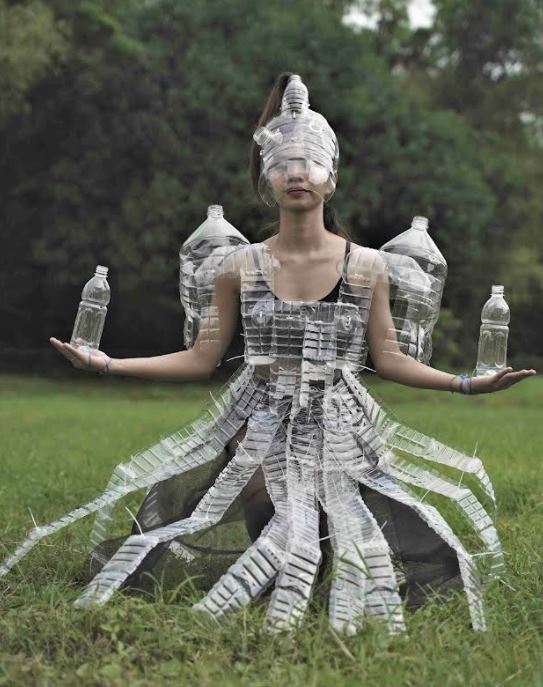
“There’s a gargantuan amount of plastic that ends up in the seas and it is causing harm to birds, marine animals and fish…”
“Bari-bari” (“We mean no harm”) is a dance series co-produced and co-directed by La Union-based artists Ea Torrado and Chino Neri on rethinking plastics and advocating for environmental sustainability and regeneration. The dancers donned wearable plastic art pieces made by Filipino contemporary artist Leeroy New.
Torrado and New were 2017 recipients of fellowship grants from the Asian Cultural Council headquartered in New York City. Torrado is a dance artist and founder and artistic director of Daloy Dance Company. Her choreographic pieces reflect on body politics, social issues, cultural identity, Filipina feminism and spirituality. New is an artist-designer whose practice intersects with film, theater, product design, and fashion.
Neri is a director, producer, and describes himself as a “purpose-driven creative entrepreneur.”
Bari-Bari was the Philippine entry to the Environmental Dances platform (https://www.environmental-dance.com/) by Company Christoph Winkler in December 2021. It is a collection of seven short pieces interpreting folk and ethnic dances in the Ilocos Region. These dances arose from the artists’ immersion with the land and waters of La Union, a province in the Ilocos region.
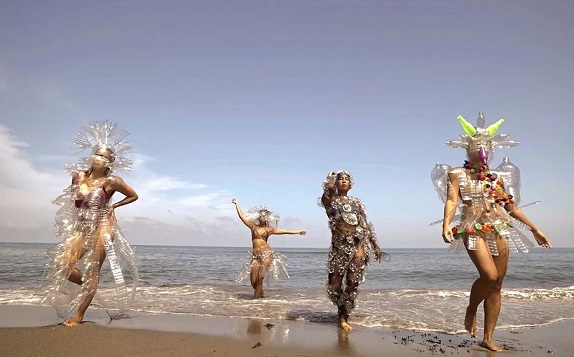
Winkler is a Germany-based choreographer who seeks to explore how dance culture could contribute to achieve a less destructive way of dealing with nature and the ecosystem. Tapping various artists around the world, the Environmental Dance platform features dance pieces from Europe, Japan, Indonesia, Colombia, USA, Uganda, Burkina Faso, among other countries.
The word “bari-bari” comes from the local expression uttered out of reverence and respect when passing through a place believed to be inhabited by mythological spirits.
Torrado said, “Nature worship and eco-conscious reverence to nature, and environmental awareness are deeply part of our Filipino cultural heritage. Through this multimedia collaboration between film, visual arts and dance, we are helping to collaboratively channel or steer the attempts of local communities at environmental stewardship towards awareness, and through creative production.”
Added Neri, “The saying ‘bari-bari’ represents the Philippines’ pre-colonial attitude of respect for nature.”
The wearable art pieces in plastic were collected by La Union-based Dalumpinas Oeste Eco Rangers (DOERS)during their daily coastal cleanups.
To learn more about Bari-Bari, click here: https://www.daloydancecompany.com/

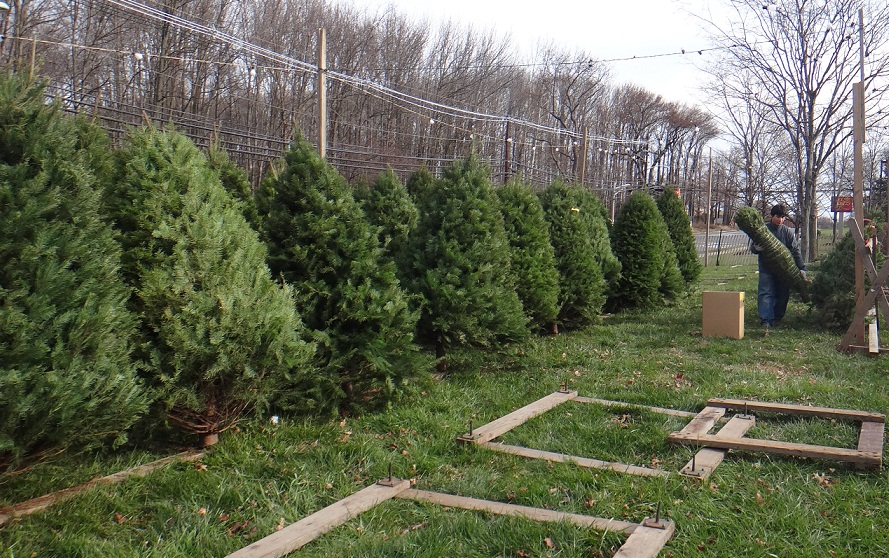

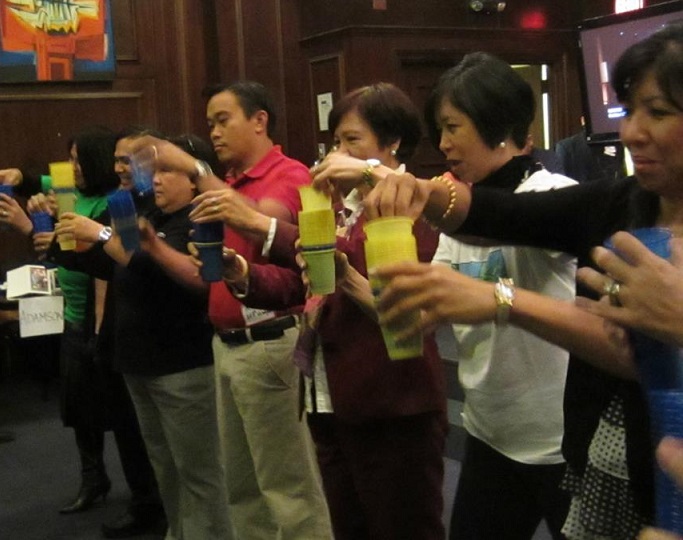
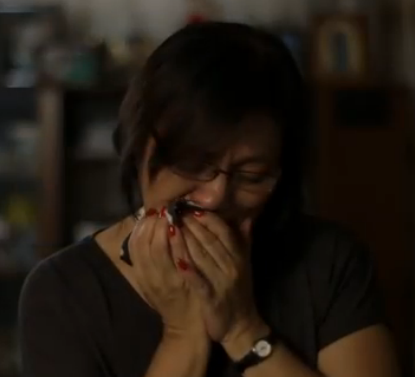

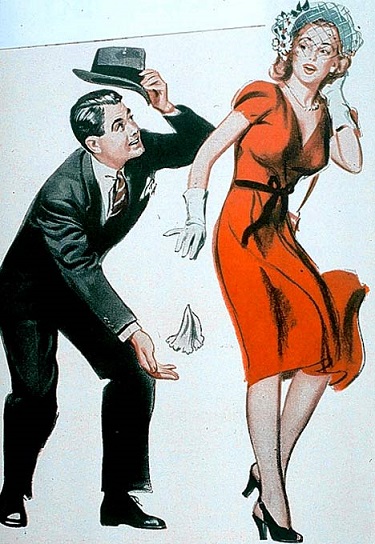

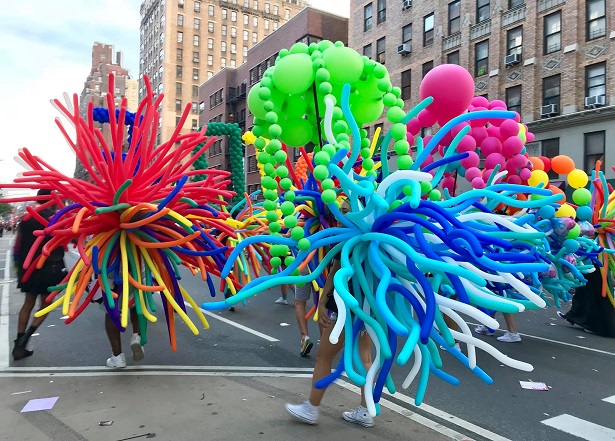
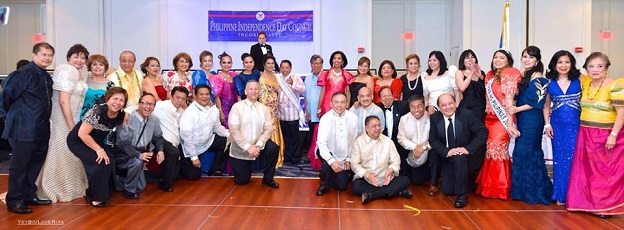

It is amazing that Bari-Bari has been conceptualized came into being. The creativity, imagination & ingenuity of Torrado & New really brought about the importance of mother earth that has been taken forgranted & abused.
Thank you Mr. Winkler for giving emphasis on the environment & the value of dance culture.
And thank you Dalumpinas Oeste Eco Rangers (DOERS) for keeping & ensuring of the coastal cleanup of La Union.